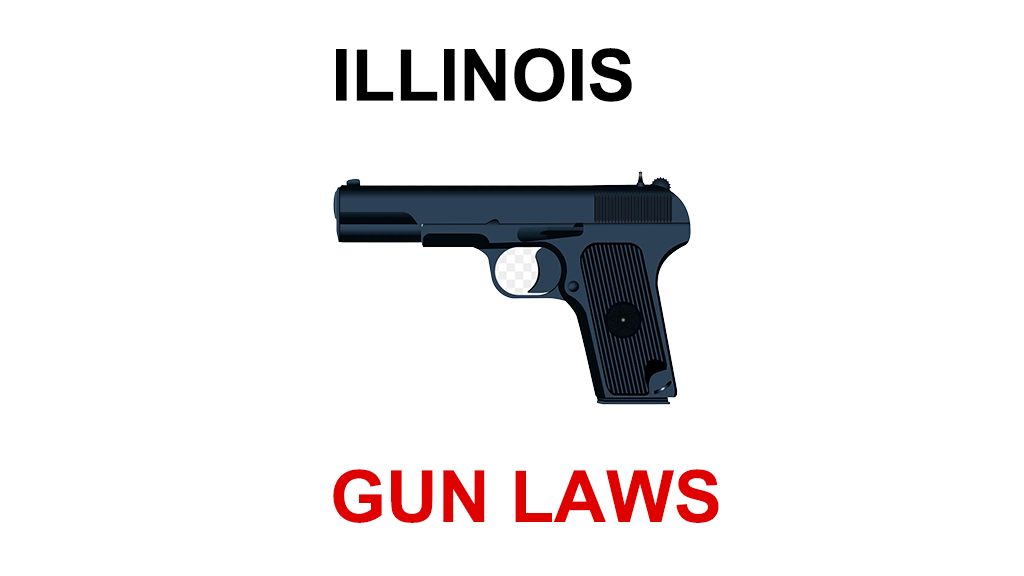
Image Credit: MateMedia
By Saul Roth
Here’s an overview of gun laws in the state of Illinois. Please note that laws can change over time, so it’s always a good idea to consult the most current and official sources or legal professionals for the most up-to-date information.
Permits and Licensing:
1. A Firearm Owner’s Identification (FOID) card is required to possess firearms or ammunition in Illinois. This card is issued by the Illinois State Police.
2. To carry a concealed firearm, a separate Concealed Carry License (CCL) is required.
Firearm Purchase and Transfers:
1. A valid FOID card is required to purchase or possess firearms and ammunition in Illinois.
2. All firearm sales, including private sales, require a background check conducted by a licensed firearms dealer or through the Illinois State Police.
3. There is a mandatory 72-hour waiting period for the purchase of handguns, but not for long guns.
Assault Weapons and High-Capacity Magazines:
1. Illinois has restrictions on the possession, sale, and transfer of certain types of firearms defined as assault weapons. However, individuals who lawfully possessed assault weapons before the implementation of the bans may be allowed to keep them under certain conditions.
2. High-capacity magazines with a capacity of over 10 rounds are generally prohibited, with limited exceptions.
Safe Storage and Reporting:
1. Illinois does not have specific laws regarding the safe storage of firearms, but it is generally recommended to store firearms in a safe and secure manner to prevent unauthorized access.
2. There is no specific requirement to report the loss or theft of a firearm in Illinois, but it is advisable to report such incidents to local law enforcement.
Carrying Firearms:
1. Illinois is a “may-issue” state for concealed carry licenses. The Illinois State Police issue CCLs to eligible applicants who meet the statutory requirements.
2. Open carry of firearms is generally prohibited in Illinois, except for certain situations such as on private property or while engaged in lawful activities like hunting.
Stand Your Ground Law:
1. Illinois does not have a specific Stand Your Ground law. However, the state follows a self-defense doctrine that allows individuals to use force, including deadly force, if they reasonably believe it is necessary to protect themselves or others from imminent harm.
It’s important to consult the official Illinois state statutes or seek legal advice to obtain comprehensive and up-to-date information on the specific provisions and requirements of Illinois’ gun laws.

Recent Comments